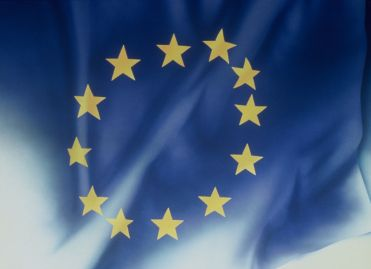2017 was a record year for the European economy. Growth reached its strongest progression in ten years, with a figure of +2.3% for the European Union (2.2% for the eurozone).
A level not reached in ten years, which bodes well for performances of the same order over the next two years. In this regard, Brussels is expecting growth of 2.1% in 2018 and 1.9% in 2019.
“After five years of moderate recovery, European growth has entered a phase of acceleration. Good news is accumulating: the number of jobs created is increasing, investment is recovering, and public finances are on the path to recovery,” recently stated Pierre Moscovici, European Commissioner for Economic Affairs.
Meanwhile, the unemployment rate is at its lowest level in 9 years, at 7.3% (8.7% for the eurozone). The context thus appears favorable for the strengthening of convergence and the reform of the eurozone. Even more so, because indebtedness remains significant and wage growth is too weak.
Growth, employment, and deficit in the green
Regarding employment as well, the latest figures, published by the European statistics institute Eurostat on January 9, show that indicators are green. The unemployment rate within the EU stands at 7.3%, the best result since the end of 2008. And although unemployment rises to 8.7% for the eurozone countries alone, this is also a remarkable result, as we have to go back to early 2009 to find a lower figure.
Lastly, concerning the deficit, while the official figures will only be released in April, Brussels is already forecasting low levels. Indeed, while the current public deficit level stands at around 1.7% of GDP for the entire EU, the Commission anticipates a level of 0.9% by 2019, well below the critical threshold of 3% set by the Stability and Growth Pact.
To explain the good health of the European economy, after several years of crisis followed by modest recovery, several factors need to be highlighted.
As indicated by the Organisation for Economic Co-operation and Development (OECD), in 2017, Europe benefited from a favorable global economic climate that boosted trade, a recovery in investments, as well as domestic consumption.
These three elements were additionally supported by fiscal and monetary policies specifically designed to stimulate growth.


